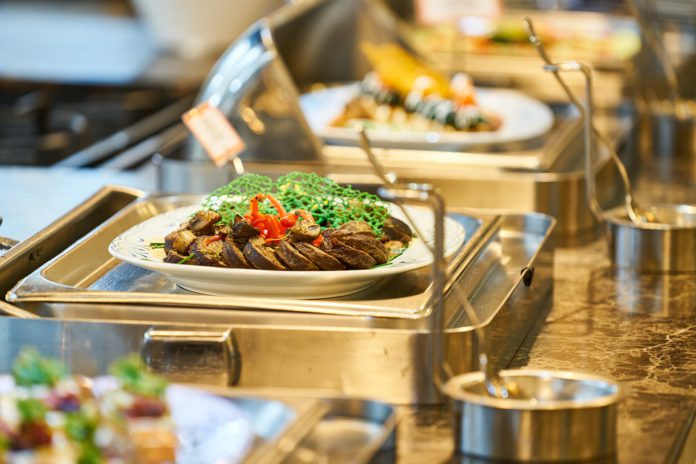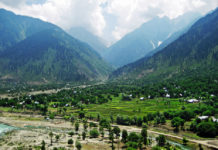New Delhi (NVI): As the tourism of the day transcends the traditional package travel and hotel stays, and forays into alternatives like camping, couch surfing, AirBnB, staying at friends’ & relatives’ homes or travelling in a recreational vehicle, it is fast emerging as the world’s major source of food wastage to the extent of 1.3 billion tonnes annually, says a global study.
According to a recent study conducted by researchers at the University of Eastern Finland and the University of Southern California, food waste, a major environmental, social and economic issue, has become a global outbreak and has been identified as the most prominent type of hospitality waste. Roughly around 1.3 billion tons of food goes to waste annually, which is equivalent to one third or even up to one half of all food intended for human consumption, the report adds citing an earlier study.
According to the researchers, Food waste originating from hotels, restaurants and events is recognised and can be estimated and calculated, but as the tourism industry is becoming more and more diverse, so are the sources of its food waste. A focus on preventing food waste only in the traditional food service and accommodation establishments ignores the reality of growing tourist households and will stifle sustainability efforts.
A comprehensive reduction of food waste requires that its sources and amounts are identified and that its disposal by tourist households is addressed. In addition, there is a need to study the drivers of tourist household food waste and barriers to its reduction.
Research Manager Juho Pesonen from the University of Eastern Finland said, “We can already see that there are savvy players in the tourism industry who have succeeded in reducing their food waste and have even managed to turn that into an asset. Yet, it is not enough for only the traditional foodservice and accommodation establishments to reduce their food waste, we need to get all tourist households on board. As the tourism sector changes, research into food waste and sustainability becomes ever more important.”
“We need models that describe how food waste is created in tourist households, and how that possibly changes over time. Moreover, we need to identify platforms and intersections where food waste can be addressed, for example through social media. In the end, it all boils down to sustainable tourism and the circular economy,” Pesonen further added.
–ps











